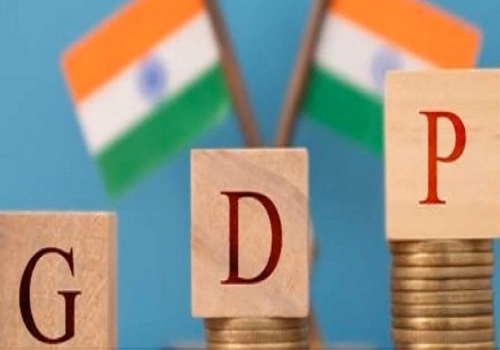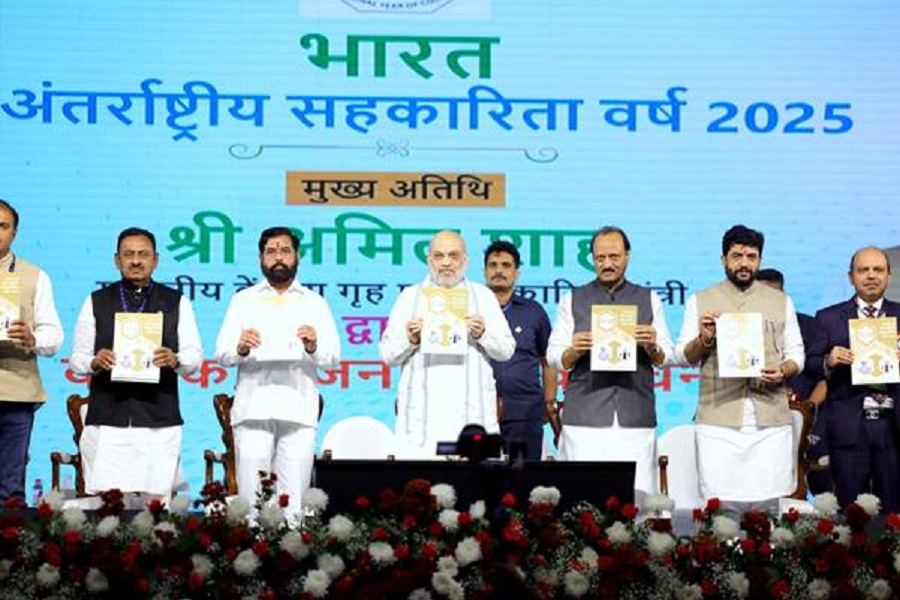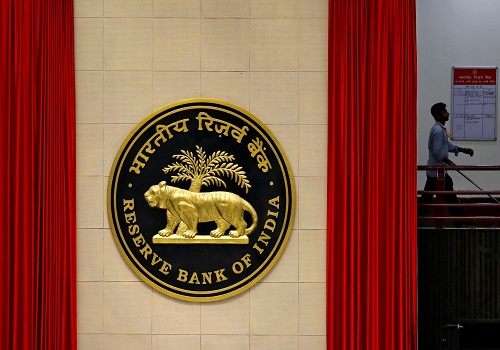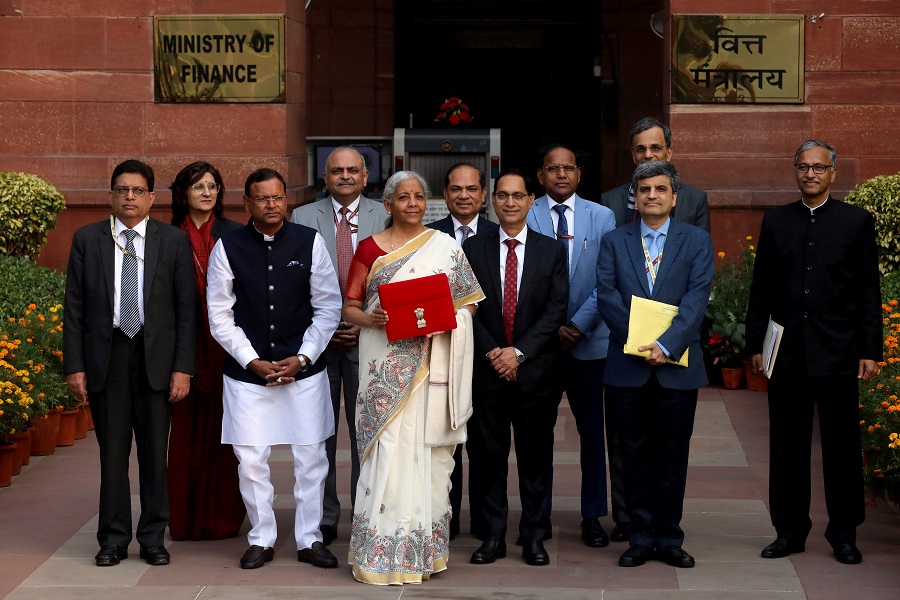ADB retains India`s GDP growth forecast at 7% for FY25

The Asian Development Bank (ADB) has retained India's Gross domestic product (GDP) growth forecast for the current fiscal (FY25) at 7 per cent and said that the economy is expected to accelerate in the coming quarters on improved farm output, and higher Government spending. It said exports in the current fiscal will be higher than earlier projected, led by larger services exports. However, merchandise export growth will be relatively muted through the next fiscal. The Indian economy grew 8.2 per cent in the last fiscal (2023-24). The RBI projects growth to be 7.2 per cent in the current fiscal.
ADB said while GDP growth slowed to 6.7 per cent in the first quarter (April-June) of FY2024, it is expected to accelerate in the coming quarters with improvement in agriculture and a largely robust outlook for industry and services. Private consumption is expected to improve, driven by rural consumption fuelled by stronger agriculture and by already robust urban consumption. The outlook for private investment is upbeat, but growth in public capital expenditure, heretofore high, will moderate in FY2025. Efforts toward fiscal consolidation are expected to drive down the fiscal deficit to a level last seen before COVID-19, reflecting robust revenue collection and restrained current expenditure. A recent policy announcement offering workers and firms employment-linked incentives could boost labour demand and bolster job creation starting in FY2025,
It further said the Budget 2024-25 has announced three employment-linked incentive schemes and said the government would allocate Rs 2 lakh crore to implement them. Growth slowed year-on-year (yoy) in the first quarter (Q1) of FY2024 but is expected to rise in the coming months on improved agricultural performance and higher government spending. Industry and services are expected to continue performing robustly. The current account deficit will remain moderate, helped by strong service exports and remittances. Elevated food prices will likely mean higher inflation in the current fiscal than previously forecast, but inflation should moderate in the next fiscal.









Tag News

Quote on RBI MPC Policy by Mr. Niraj Kumar, Chief Investment Officer, Future Generali India ...













